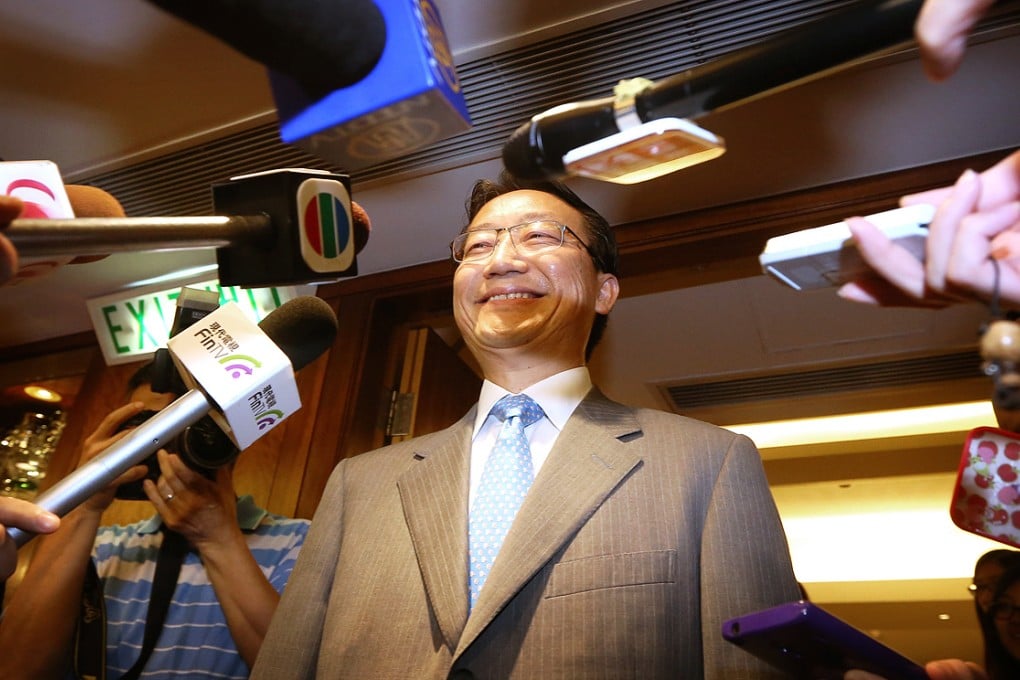Ambrose Lam was right to quit
As soon as a vote of no confidence in the Law Society chief was passed, it became clear that Ambrose Lam San-keung had no alternative but to leave the helm.

As soon as a vote of no confidence in the Law Society chief was passed, it became clear that Ambrose Lam San-keung had no alternative but to leave the helm. After days of speculation, the embattled president stepped down yesterday with immediate effect. Resignation is the right response.
The vote by the city's solicitors last week was historic. For the first time, the traditionally conservative legal body carried three motions targeting the leader. It reflected the depth of discontent with his support for Beijing's controversial white paper on Hong Kong's autonomy and rule of law. The vote clearly showed that Lam's stance was at odds with the body's members. It is difficult to see how he could heal so deep a divide. For the sake of unity he has rightly stepped aside to allow vice-president Stephen Hung Wan-shun to take over.
Everyone is entitled to hold and express their own opinions. But when someone is elected by professional peers to a post like head of the Law Society, it can be unclear whether they are expressing their own opinion or one that fairly represents the view of members. Many solicitors felt Lam had become too involved in politics, as evidenced by his comments on the Occupy Central movement, US snooping operations in Hong Kong and Sino-Vietnamese relations. As a result he had become a divisive president who had lost the support of a large number of solicitors soon after being re-elected. That is a sad outcome. But Lam chose to speak his mind and has taken responsibility for what he believed. The fallout is a reminder of the expectations we have of leaders of professional bodies.
The unease caused by the white paper continues to ripple through society. Of particular concern was the classification of judges as "administrators", along with a "basic political requirement" for them to love the country. This is apparently inconsistent with the city's concept of judicial independence and prompted former chief justice Andrew Li Kwok-nang to weigh in and call for clarification. His concerns were echoed by Chief Justice Geoffrey Ma Tao-li.
Having two systems in one country means understanding and interpretations may not always concur. But so important are judges' independence and professionalism that the slightest ambiguity can send shockwaves through the legal sector. The city's interest are best served by speaking in one unambiguous voice as far as the rule of law and judicial independence are concerned.
